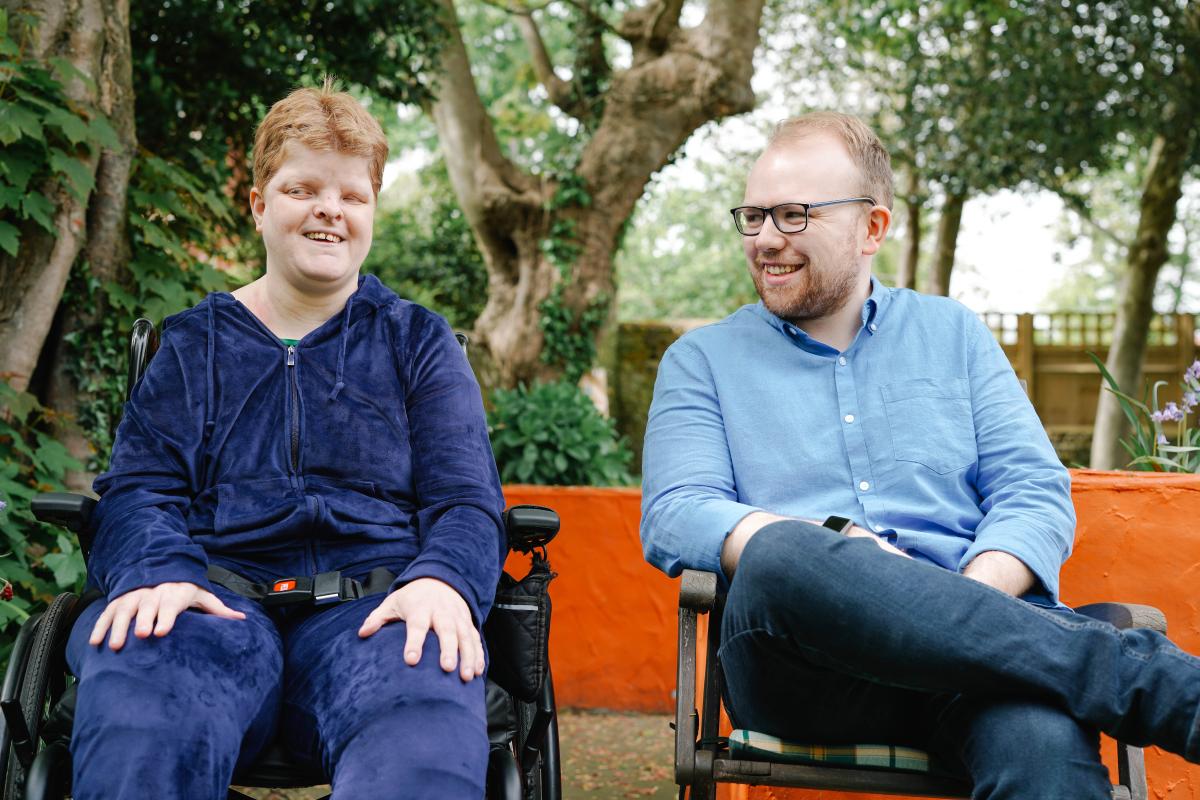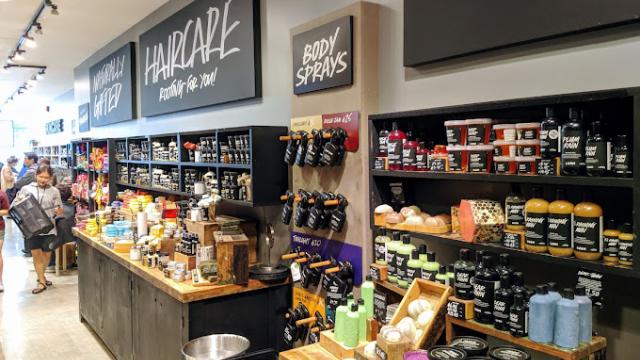
Life as a Supported Employment Coach
Hey everyone! My name is Lewis, and I’m a Supported Employment Coach here at SeeAbility. I’ve worked here for almost two years now but have worked in the employability space for three years.
I wanted to write this blog to tell you a little more about my job and to highlight how rewarding it is to work in supported employment. But for those of you new to this term, what do we mean by ‘supported employment’?
Supported employment is defined by BASE (the British Association of Supported Employment) as ‘a way of providing assistance to people with a disability who need extra support to move towards and into work’. For our team at Ready, Willing and Able, this takes the form of 1-1 meetings where a dedicated coach, who has been trained to support people who are neurodiverse, will guide individuals through the journey of finding and securing employment.
So, what does my workday look like? Well, I work primarily from home in Stoke-On-Trent, and most of the people I support are local to me. This means that I can meet people face-to-face in my local library, support people at interviews and in-work, and meet people virtually using Microsoft Teams, Zoom or the telephone if this is more accessible for them.
By working primarily from home, I’m able to keep a healthy work-life balance. I don’t spend a great deal of my worktime travelling, and when I do, it’s usually only to an interview or to my local library for 1-1 coaching sessions. This means that by the time the weekend comes around, I have the energy to go travelling and to see more of the country, or to enjoy other hobbies, such as painting.
Outside of the healthy work-life balance, another positive aspect of working at Ready, Willing and Able is the incredibly rewarding nature of this work. Since joining SeeAbility in February 2022, I have supported people to secure 13 paid positions across the country, all the way from Newton Abbot and London up to Nottingham and of course Stoke-On-Trent. However, although meeting targets is important, the numbers themselves aren’t the rewarding part - the rewarding part is seeing the real impact that having a paid job can have on someone’s life.
Many of the people I’ve supported have been on some form of benefits at one point or another, with most wanting to become self-sufficient and pave their own way forward in life. I’ve seen the people I’ve supported have a new lease of life when they can leave this behind and work full or part-time, their eyes open to the possibilities that financial stability may bring. One of my favourite moments was when one of the people I was supporting, an incredibly determined and hard-working single mother, told me that she would now be able to buy presents for her son at Christmas.
Another person I’ve worked with has actively searched for work for over 11 years, attending 102 interviews in the process. I started to work with him in March 2023, and given his skill set I was frankly surprised that he wasn’t already employed in his chosen field of work. However, the barrier to finding work wasn’t anything to do with his ability to do the job, but rather the inaccessible nature of many online applications and the interview process for someone who is visually impaired. With a few reasonable adjustments here and there, and by working closely with the employer on these adjustments throughout recruitment, I’m pleased to say that he has now been offered a job considerably more senior than my own, ending a long and arduous search for employment.
I can safely say that I have never had a position as fulfilling as this one. It is richly rewarding to play a small part in someone’s journey towards living a happy, productive, fulfilled and purpose-driven life. If you are someone who wants to have a role where you can change lives each day, enabling talented people to fulfil their potential, look no further than working in supported employment.


